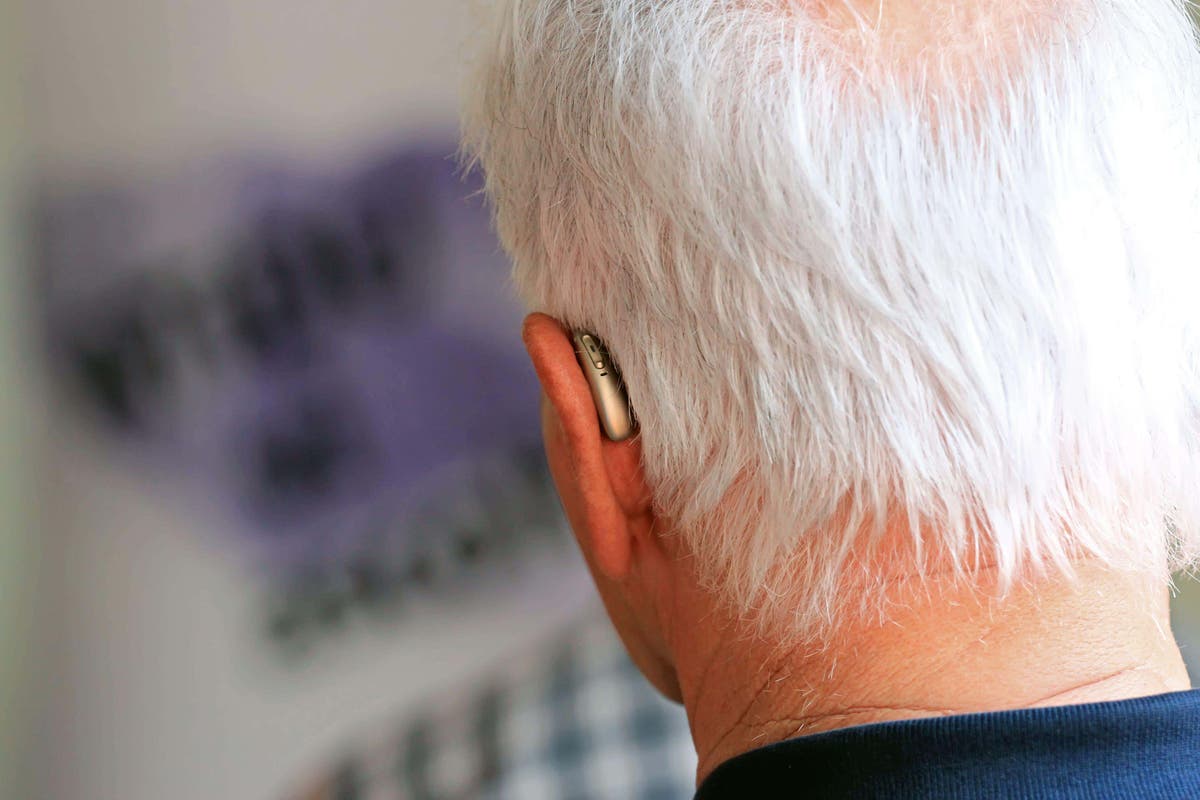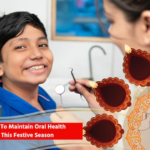A cell remedy to enhance listening to might remodel the lives of hundreds of thousands of individuals with listening to loss, new analysis suggests.
The remedy will see the primary scientific trial of a stem cell therapy for listening to loss, constructing on analysis that resulted in 40% improved listening to in preclinical assessments.
Sheffield-based biotech firm Rinri Therapeutics hopes to start out scientific trials within the subsequent two years in individuals with severe-to-profound age-related listening to loss.
In accordance with listening to loss charity RNID, listening to loss impacts 12 million individuals within the UK, and will increase as individuals become older, affecting greater than 40% of over-50s and rising to 70% of over-70s.
Individuals with listening to loss can face communication obstacles and are much less more likely to be employed than the overall inhabitants.
They’re twice as more likely to expertise psychological well being issues, together with melancholy, and may be as much as 5 instances extra more likely to develop dementia, the RNID says.
It’s thought that some 1.2 million adults within the UK have listening to loss extreme sufficient that they’d not be capable to hear most conversational speech.
Jennifer Macintosh, 73, from Brighton, who has listening to loss, mentioned: “A therapy for listening to loss would make an awesome distinction as a result of (with) no extra listening to aids, I’d be capable to participate in bigger household gatherings, to participate in additional social actions. After I’m in health club courses I might be capable to be part of within the laughter and banter, as an alternative of simply standing there wishing I might.
“To begin initially of an train as an alternative of 1 motion behind since you copy what is going on, to have the ability to go to any restaurant with out worrying about noise, hear a theatre manufacturing with out it being hit or miss…
“Additionally, maybe extra importantly, hear with readability when you have got medical appointments and dental therapy what’s going on.”
Rinri’s work was based on pioneering analysis into regenerative cell remedy, led by Professor Marcelo Rivolta on the College of Sheffield.
He mentioned: “It’s properly recognised that listening to loss considerably impacts high quality of life, affecting one in 5 adults within the UK.
A organic answer that may restore listening to considerably can be transformative to individuals with listening to loss, and we sit up for taking the subsequent step by beginning scientific trials in 2025
Professor Marcelo Rivolta, College of Sheffield
“A organic answer that may restore listening to considerably can be transformative to individuals with listening to loss, and we sit up for taking the subsequent step by beginning scientific trials in 2025.”
Rinri’s cell remedy, Rincell-1, is for sufferers with auditory neuropathy, a type of listening to loss which happens when sounds grow to be disrupted as they journey to the mind.
The corporate says sufferers with auditory neuropathy make up 25% of the sensorineural listening to loss group.
Sufferers will obtain Rincell-1, which regenerates auditory neurons and re-establishes the transmission of nerve indicators from the internal ear to the auditory centres of the mind to reverse listening to loss.
If scientific trials are profitable, the therapy may very well be accessible as a therapy to individuals with listening to loss inside the subsequent 5 to 10 years.
To measure if the remedy is efficient, the therapy might be administered with cochlear implants – gadgets designed to bypass broken hair cells and immediately stimulate auditory neurons.
The implants can act as a recording sensor to select up indicators made by the cochlea because it passes sound info to the auditory nerve, so this may permit researchers to file goal measures of cochlear well being, quite than solely counting on subjective measures like speech recognition.
Dr Ralph Holme, director of analysis and perception at RNID, mentioned: “RNID and our supporters are actually enthusiastic about Rinri’s work, which might end in a life-changing therapy for hundreds of thousands of individuals with age-related listening to loss attributable to harm to the auditory nerve.
“While gadgets like listening to aids and cochlear implants may be massively useful to individuals with listening to loss, they don’t seem to be a whole answer and folks nonetheless face vital obstacles of their day by day lives.
“For years, individuals with listening to loss have dreamed of a future the place therapies to revive listening to might be accessible, and so it’s thrilling to see therapies like this which might provide hope to so many approaching scientific trials.”









